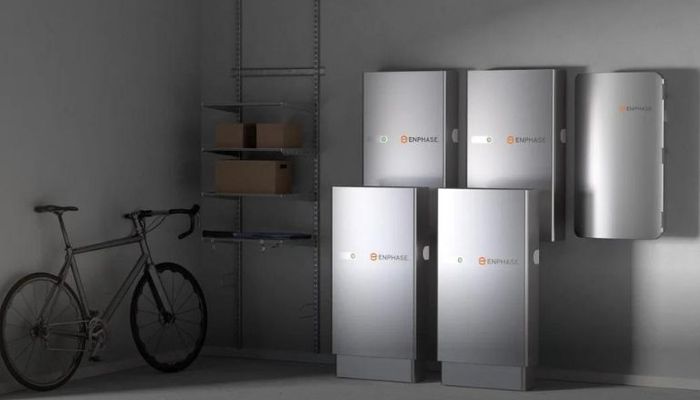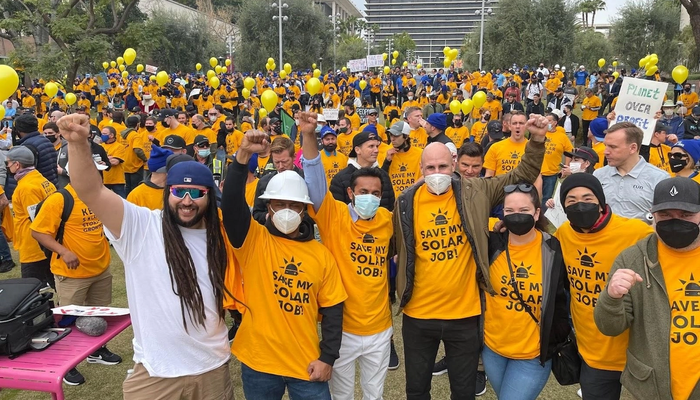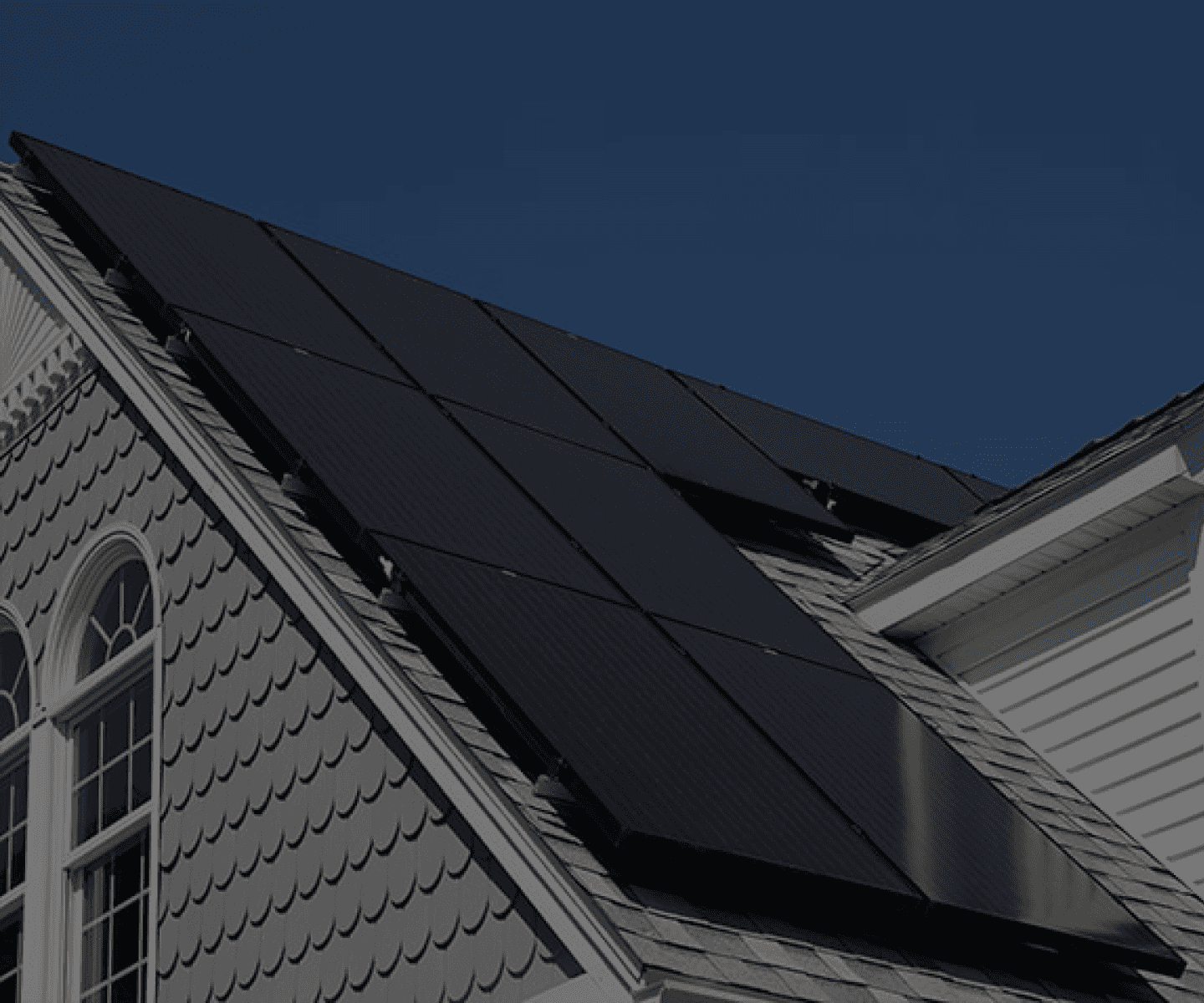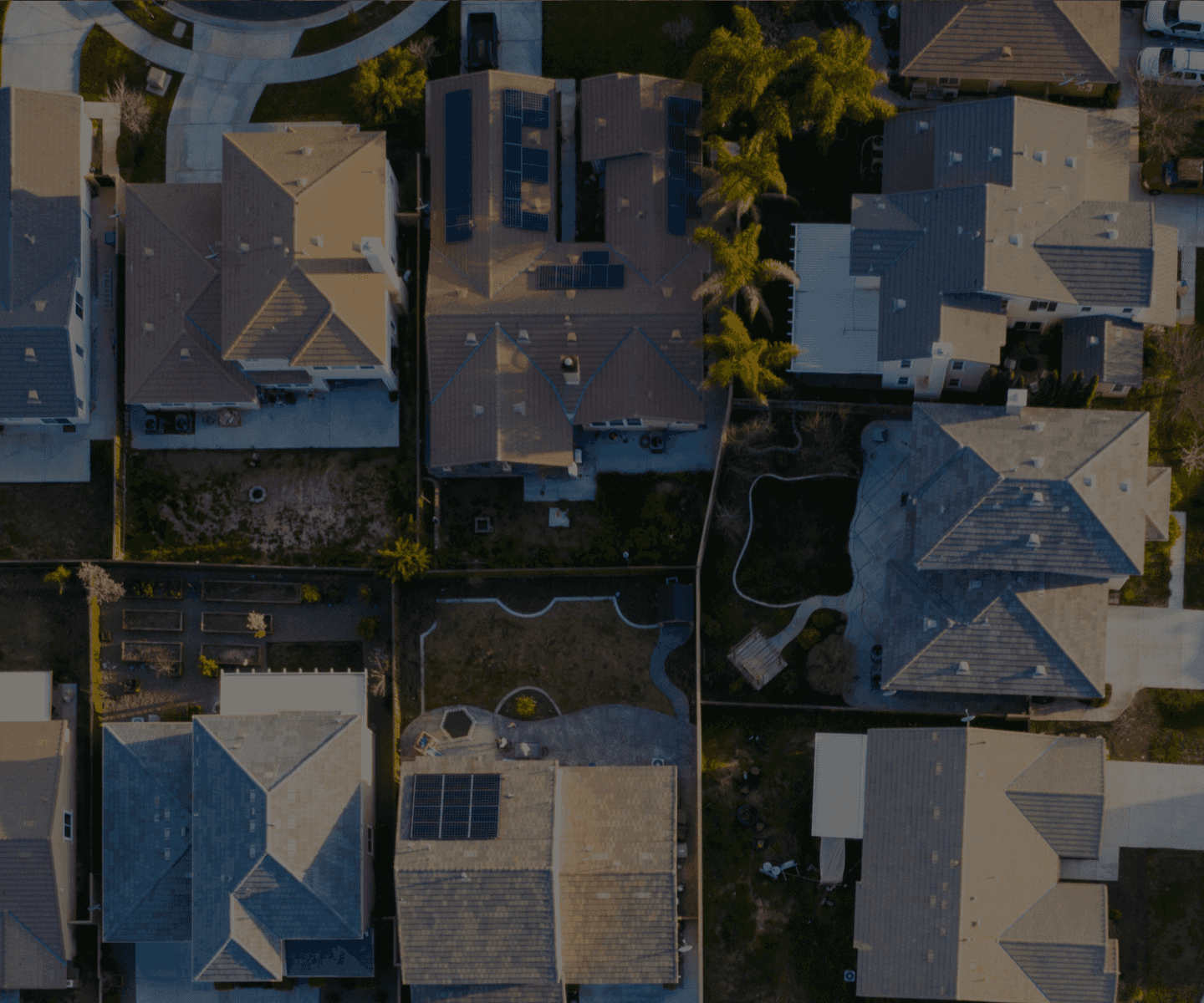Buying Used Solar Panels and Equipment: Is It Worth It?
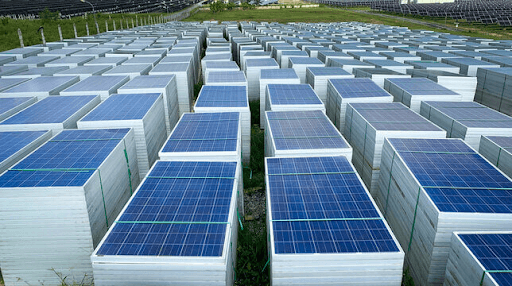
Solar power systems are expensive. And while we all know you’ll save tons of money on your electric bill in the long run, it still doesn’t hurt to shop around to save on the initial investment of solar panels, parts and other equipment.
As a result, some consumers look to purchase used solar panels or refurbished equipment.
If you’re in the market for solar, you might be wondering: is this the right move? Before you buy used solar panels or refurbished equipment, let’s review what you need to know.
Should You Consider Buying Used Solar Panels?
The most significant advantage of buying used solar panels is cost savings. However, you may not necessarily save money in the long run when you consider the lifespan of a used solar panel and its remaining warranty period.
But first, let’s discuss whether or not it’s a good idea to shop for used solar in the first place.
When Does It Make Sense to Buy Used Solar Panels?
There are some situations where used solar panels is a more logical option.
If you’re taking on a smaller DIY project like installing a single solar panel for light inside your garden shed, buying a used solar panel might be good. These low-impact applications are less critical, and you won’t be seeing much payback. So if you end up with a used solar panel that doesn’t perform as well as expected or last as long as it should, there’s no harm done.
It might also make sense to buy a used solar panel if you have to replace a faulty panel in your existing array, and you can find an exact match.
When Should Used Solar Panels Not Be Used?
If you’re installing a large system to power your entire home, you may want to think twice about buying used solar panels.
And, keep in mind that certain rebate or tax credit programs have rules against used solar equipment. Additionally, some states like California or Florida have lists of approved solar panels, so be sure to check before purchasing any used solar.
Purchasing a solar power system for your home is a long-term investment. So using new solar panels is the best way to ensure that your investment will last and pay for itself as intended.
Note that solar panels generally have a 30-year lifespan and lose 0.5 to 1% of their power output every year due to degradation of the solar cells. Don’t forget to factor in power loss due to natural degradation as you calculate your payback period.
Warranty Considerations For Used Solar Panels
Most solar panels have a 25-year warranty. If you’re buying used solar panels, check how many years remain on the warranty and how much power output is left. Furthermore, check if the manufacturer can transfer the warranty to your name.
It’s wise to purchase used panels from a longstanding, reputable manufacturer. Many solar companies have gone out of business over the years, so ensure the solar company is still in business and can honor the warranties.
Finally, certain conditions could void the warranty entirely, so don’t just purchase any used panel. If the solar panel frames are painted or have drilled holes, the warranty can be invalid. Any mishandling during installation or shipping that causes cracks in the solar cells would also void the warranty.
Read more: Everything You Need To Know About Solar Panel Warranties
What Is the Value of Used Solar Panels?
The value of used solar panels typically ranges from $0.10 per watt to $0.60 per watt, depending on the solar panel’s brand, age and condition.
Brand new solar panels can cost as low as $0.70 per watt. Beyond the price tag, it’s essential to look at warranty and remaining lifespan to determine how much you’re actually saving.
Ask Yourself These Questions First
Here are some of the questions you should ask yourself before purchasing used solar panels.
Am I Buying From a Reputable Seller?
Not all solar panel recyclers are trustworthy.
Used solar panels may have flaws that you cannot see in a photo, like burned-out bypass diodes or loose connections inside the panel frame.
Besides looking at photos of the solar panels, you’ll want to make sure they are tested. Additionally, make sure you can verify the actual age and condition of the solar panels.
Why Are These Used Solar Panels on the Market?
Solar installers often add new panels to existing systems, but they rarely remove solar panels that work well. So when shopping for used solar panels, be sure to ask where they come from and why they were removed from the original installation.
It’s possible that these panels did not perform well, or the model has a reputation for early failure, and the previous owner wasn’t willing to take a chance with them.
Have I Considered All the Factors in My Payback Calculations?
Again, cost savings aren’t the only thing to think about with refurbished solar equipment.
Used solar panels that are already ten years old will produce 5% to 10% less power, which might mean fewer savings on your electric bills.
The shortened life span of used solar panels will also lower your return on investment depending on the age of the panels.
The Bottom Line on Used Solar Equipment
It may be tempting to buy used solar panels to save money on your renewable energy system. But in many cases, they could cost you more in the long run.
For expert advice on purchasing a solar energy system, work with the solar experts at GoGreenSolar, who are veterans in the DIY installation space.
A do-it-yourself solar installation — with brand new panels and equipment — can help you save thousands of dollars upfront. It’s a great way to cut costs during your solar journey and is a better alternative to buying used equipment that might not last as long or work as well. You can learn more about the pros and cons of DIY solar here.


